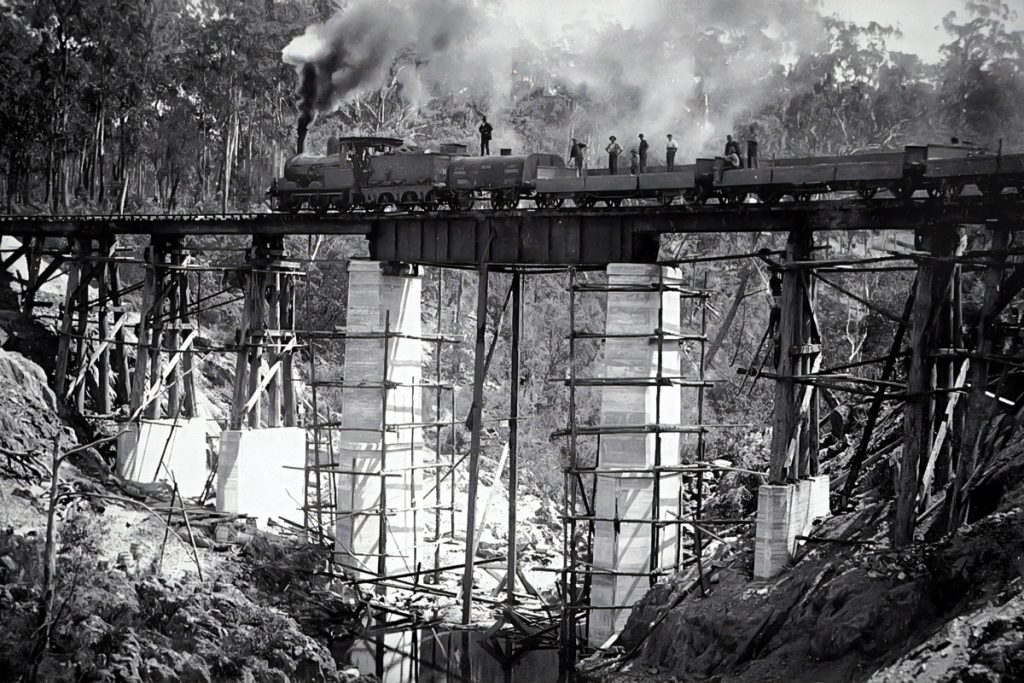Back from Adam through Abraham, Isaac, Jacob, Moses, and David, there were covenants that were formed between Yahweh and His chosen people. None of which contradicted another, but in some respects superseded or reiterated the promises of Yahweh’s blessings in exchange for the continued love and honor of His people. He would dwell among them, guide them, protect them, and prosper them as a kingdom that would bring His people and humanity a path to reconciliation and restoration.
Over the centuries, God’s people forgot about Him, rejected Him, disobeyed Him, and sought other gods through their idolatry. Over time, His people broke their covenant with Him and continued their rebellion apart from God as His chosen people. This is the brief backstory and the conditions by which the prophets operated under during their own time. The Lord’s people were in open rebellion against Him, and they betrayed their covenant oath again and again. Ultimately, they were to become again enslaved to the Assyrians and Babylonians just as they were to the Egyptians many years before.
The history of the prophetic era became interwoven throughout the historical circumstances of the Hebrews, God’s people. He called specific individuals across time to deliver His warnings and messages concerning the betrayal of their covenant. They violated the Mosaic law taken with them as they entered their inherited land. So, the people, its tribes, and its leadership went about their daily lives, they intermingled with existing populations and were influenced by surrounding nations. To corrupt their desires, actions, and interest, they progressively separated themselves from God. Without the intervention of God through His prophets, His people would have been forever lost. A people of promise would have been otherwise given over to the oblivion of evil indistinct from the surrounding nations.
The prophets were situated according to their purpose. How they operated, where they went, who they were, what they did, and why they existed surrounds a biblically coherent rationale to make sure the fulfillment of God’s promises to His chosen people—beginning with the patriarchal fathers. The latter went before the people under judgment. The prophet’s function and message were intended to make right the course of history for Yahweh’s people to repent and return to Him. While they catastrophically failed repeatedly, the horrific consequences were borne out with plenty of warning and clarity for corrective action. Moreover, people warned through the prophets had the full perspective of historical events that took place among their ancestors. The people of Israel and Judah had the religious and traditional hindsight that gave them the certainty needed to understand what fate would befall them. Yet they chose not to return to Yahweh as He desired of them.













Comments are closed.